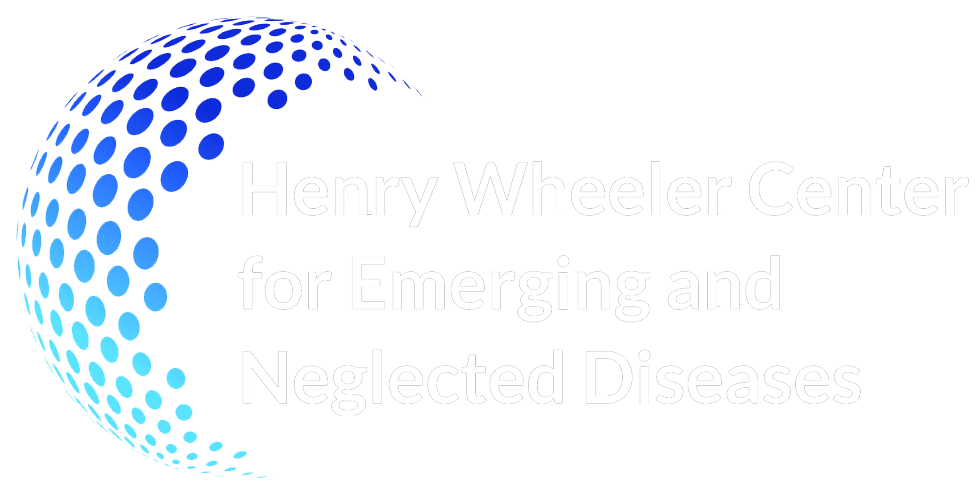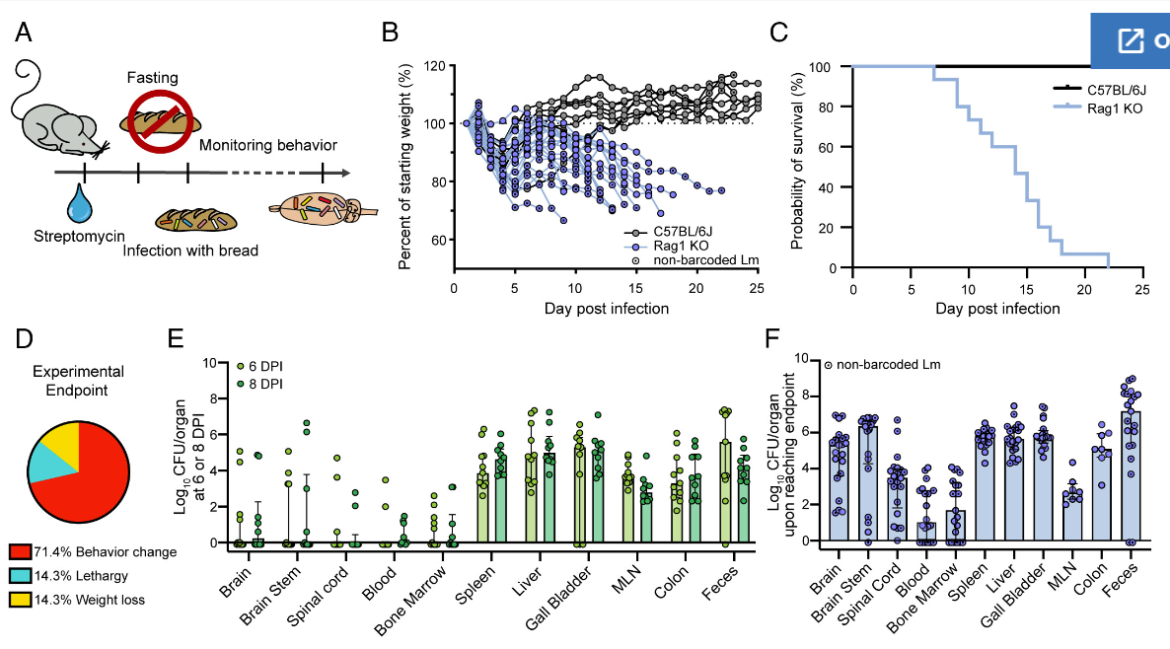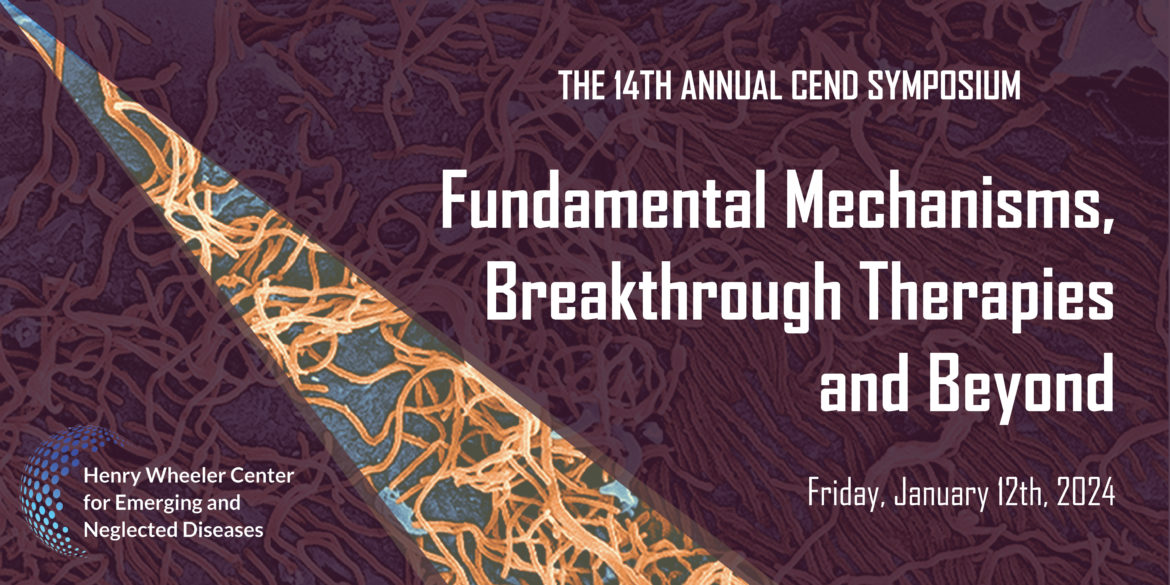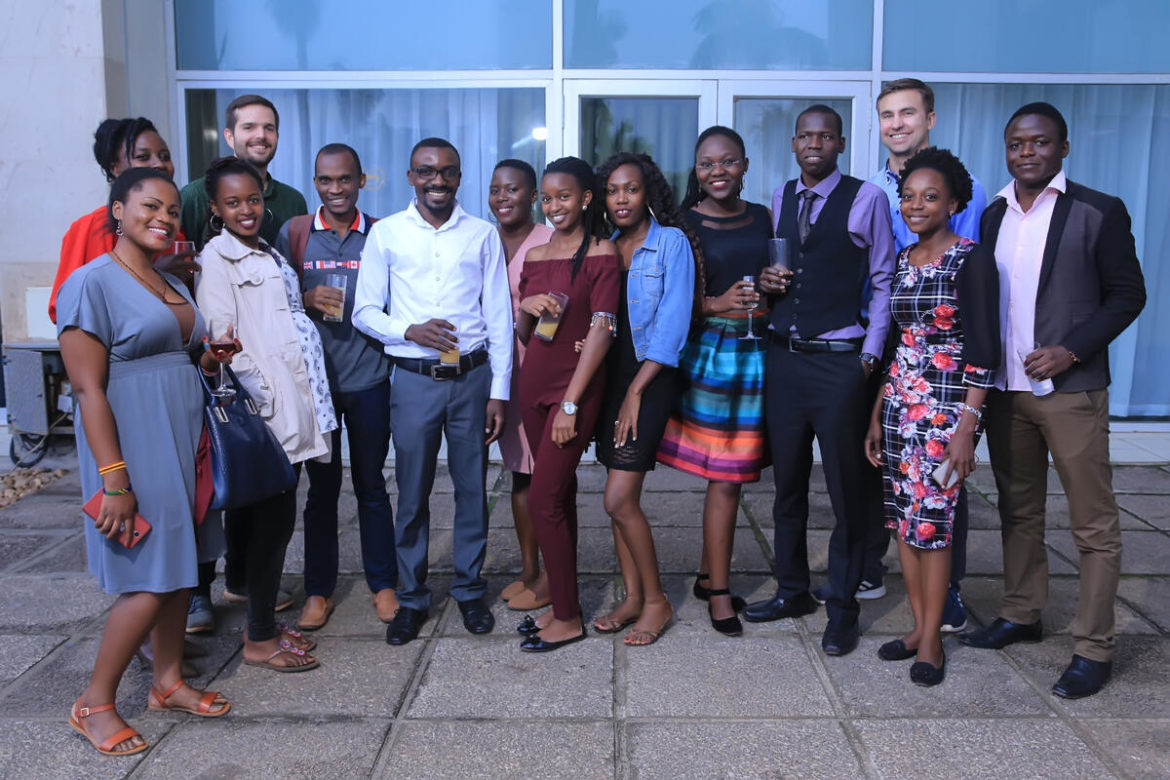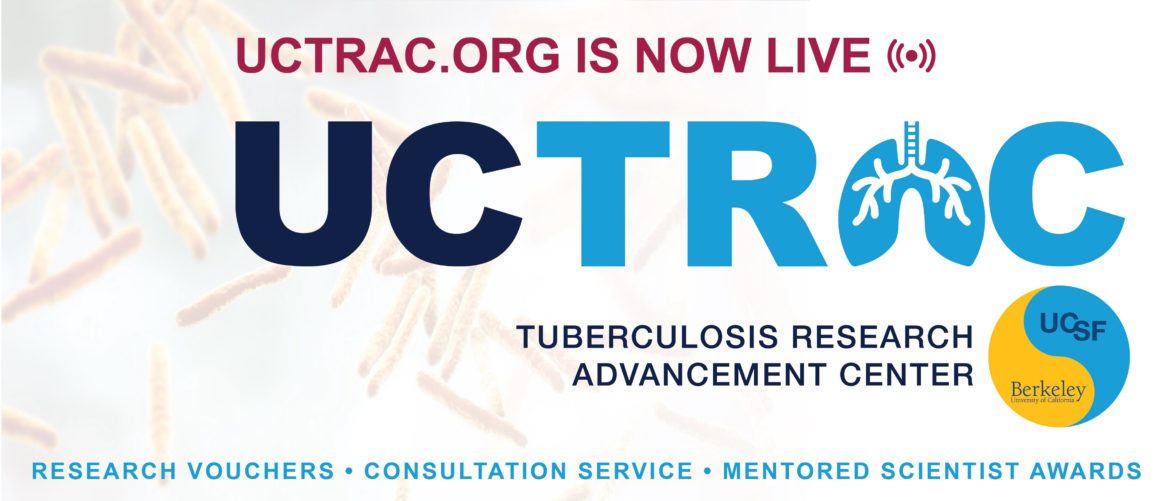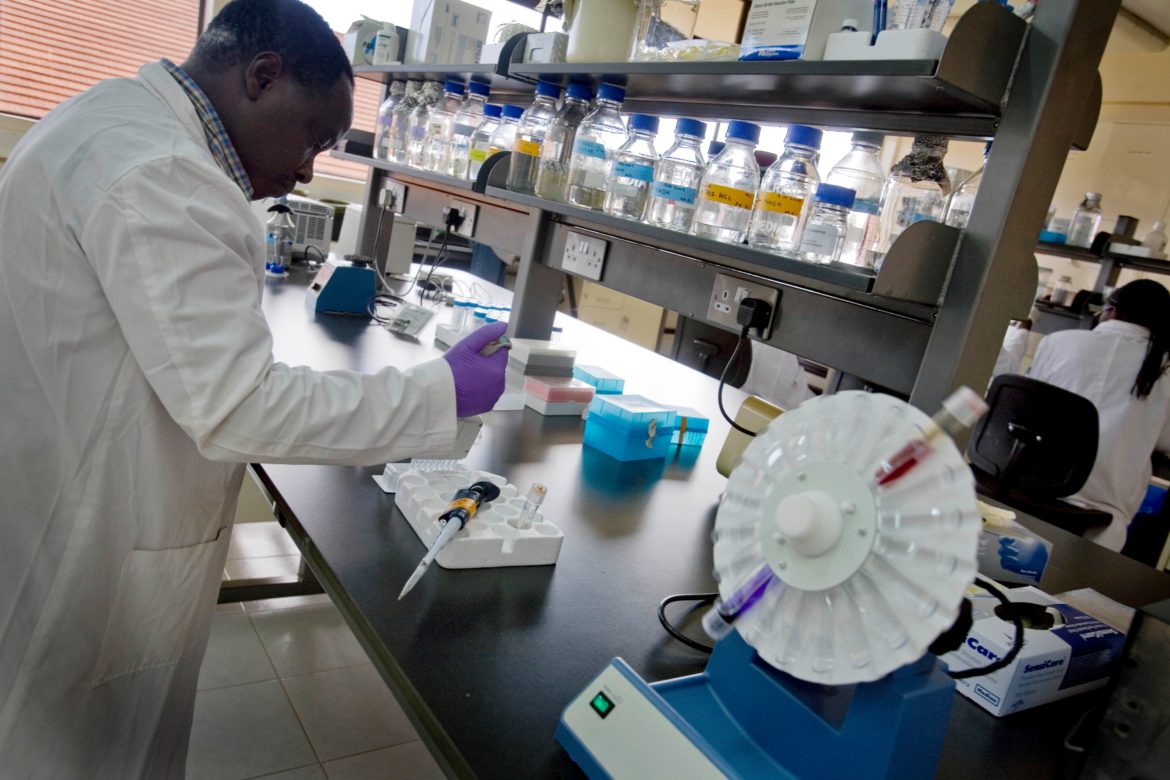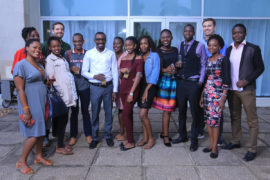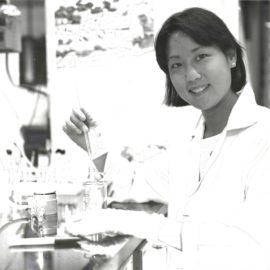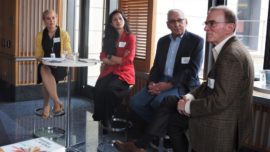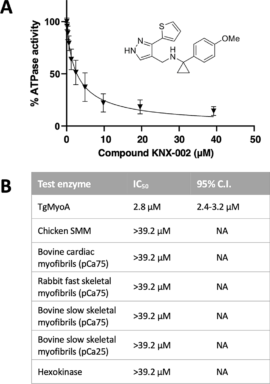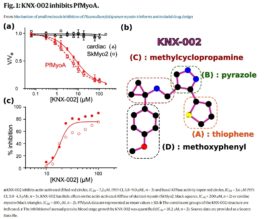Advancing Biomedical Entrepreneurship in Uganda
Dr. Julia Schaletzky and collaboration partner Dr. Emmanuel Nasinghe at Makerere University applied for seed funding from the Center for African Studies and Mastercard Foundation Scholars Program at UC Berkeley to continue their bioentrepreneurship workshop and mentoring program (“Building Uganda’s Bioentrepreneurship and Innovation Capacity”), as well as create an online global networking portal for graduate students and faculty.
Carol Mimura's message to innovators: ‘Take risks. There is no shame in failure.’
Mimura, a UC Berkeley staffer and winner of the inaugural Faces of American Innovation award for her role in patenting cancer breakthroughs, shares family history and her own trailblazing journey.CEND hosts event on science communication
Open access, integrity in research, and best practices for communication were among the array of topics discussed at the Symposium on Science Communication, which took place on Friday, September 15th at the University of California, Berkeley.Moderated by Julia Schaletzky, Executive Director of the Harry Wheeler Center for Emerging & Neglected Diseases (CEND) at UC Berkeley, the symposium began with a keynote by Nobel laureate Randy Schekman (Medicine, 2013).
Consul General Oliver Schramm also greeted attendees, highlighting the importance of science communication for the development of our society.
CEND publishes paper towards new therapies for Toxoplasmosis
Toxoplasmosis can be a severe disease in humans, caused by an apicomplexan parasite.Together with longtime collaborator Prof. Gary Ward at the University of Vermont, we identified new chemical matter to inhibit an unusual and highly conserved Myosin in Toxoplasma gondii. There are no human homologs, making this a highly selective target with the potential of a good therapeutic index.
Compounds show exquisite selectivity when compared to human myosins (see table).
We report the first inhibitors against that target and were able to show reduced infection progression in a mouse model.
New funding opportunities in Tuberculosis
CEND is pleased to announce new funding opportunities for new-to-TB investigators via the UCSF-UCB Tuberculosis Research Advancement Center (UCTRAC).UCTRAC will provide research resources and infrastructure to foster, elevate and support TB research and provide exceptional mentorship and training to New Investigators and established investigators new-to-TB. Administrative, Developmental, Clinical and Basic Science Cores will offer operations, facilities, services, resources, pilot awards and mentoring opportunities to achieve the goals of the program.
CEND publication on Anti-malaria Drug Design
Malaria results in more than 500,000 deaths per year and the causative Plasmodium parasites continue to develop resistance to all known agents, including different antimalarial combinations.Our Malaria paper - drug discovery against a novel target, an unusual myosin present only in apicomplexan parasites - got published in Nature communications!
This was a long term collaboration with Anne Houdusse and Kathleen Trybus, who did an amazing job with the mechanistical characterization / cocrystal analysis, revealing a new binding mode that hasn't been described before, immobilizing the detached myosin in a post-rigor state.
Bay Area Virus Network
The Bay Area Virus Network (BayViro) was launched in 2012 by the Henry Wheeler Center for Emerging and Neglected Diseases (CEND) at UC Berkeley. BayViro represents a constellation of scientists, engineers, and clinician researchers in the San Francisco Bay Area who are working to understand, prevent, and control human and animal viral infections. It is a platform for connecting investigators at universities, biotechnology and pharmaceutical companies, and research institutes throughout the region. The SF Bay Area offers a unique ecology for virus research, with its long tradition of innovation. Our diverse community of investigators is led by distinguished scientists like Jay Levy at UCSF, who co-discovered the AIDS virus in 1983, and Edward Penhoet at UC Berkeley, who discovered the Hepatitis C virus and went on to found Chiron (which developed the first vaccine against Hepatitis B).
